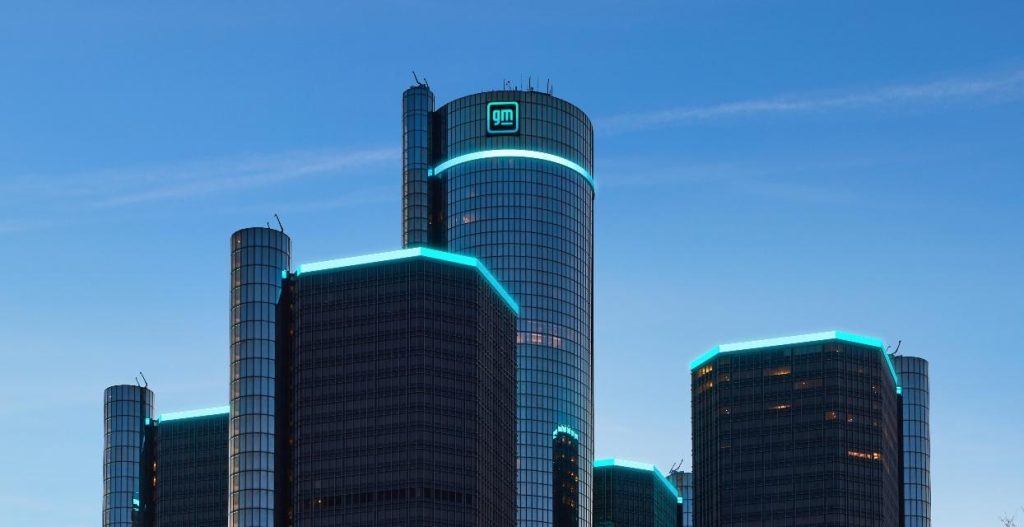General Motors and circular economy-focused battery materials provide Redwood Materials announced the launch of a new agreement, aimed at accelerating the deployment of energy storage systems based on both second-life battery packs from GM electric vehicles and new batteries produced by GM.
Energy storage forms one of the key building blocks for the rapidly expanding clean energy transition, given the intermittent generating nature of many sources of renewable energy, such as wind and solar, and the need to satisfy round-the-clock energy demand, while ensuring that energy is not wasted, particularly as demand on the grid grows from areas such as transport electrification and AI computing.
According to the companies, the new agreement comes as U.S. electricity demand continues to grow, driven in part by data centers, which are expected to nearly triple their share of national electricity usage from 4.4% in 2023 to 12% by 2028, creating a need for energy storage systems that can act to offset power outages and reinforce the grid when demand is high or supply is limited.
Founded in 2017 by Tesla co-founder and former CTO JB Straubel, Nevada-based Redwood collects, recycles, refines and remanufactures battery materials, with a focus on creating a closed-loop domestic supply chain for batteries. The company has two battery materials campuses in the U.S., including one in Northern Nevada, and another under development in South Carolina, and has set a goal to produce 100 GWh of battery materials annually.
The new agreement follows the recent launch by the company of Redwood Energy, a new business that deploys both used EV packs and new modules into fast, low-cost energy-storage systems built to meet surging power demand from AI data centers and other applications.
Straubel said:
“Electricity demand is accelerating at an unprecedented pace, driven by AI and the rapid electrification of everything from transportation to industry. Both GM’s second-life EV batteries and new batteries can be deployed in Redwood’s energy storage systems, delivering fast, flexible power solutions and strengthening America’s energy and manufacturing independence.”
GM said that the new collaboration will mark a significant step towards expanding its battery technology beyond EVs.
Kurt Kelty, VP of batteries, propulsion, and sustainability at GM, said:
“Electricity demand is climbing, and it’s only going to accelerate. To meet that challenge, the U.S. needs energy storage solutions that can be deployed quickly, economically, and made right here at home. GM batteries can play an integral role. We’re not just making better cars – we’re shaping the future of energy resilience.”

